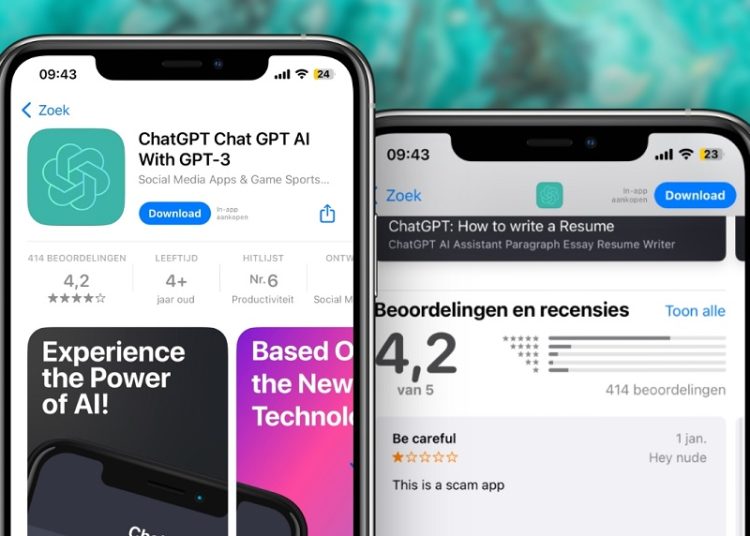SAN FRANCISCO — ChatGPT is constantly evolving. Indeed, OpenAI is promising various new forms for its intelligent agent, in addition to ever more powerful language models.
Since the start of the year, OpenAI has already made a number of announcements concerning its AI chatbot, ChatGPT, starting with its new GPT-4o multimodal language model, available free of charge to all users of the intelligent conversational agent.
Through OpenAI’s online demonstrations, it appears that this new model should pave the way for much more natural and rapid human-machine interactions than with GPT-4, with the voice assistant even able to adapt to the user’s mood.
Among other applications, ChatGPT can be used as a personal coach, to find out whether you’re looking smart — or stressed — before an important meeting, AFP reported.
It can also act as an automatic translator if you ask it to render everything you say in any other language, or act as a tutor, to help a middle or high school student with homework, and so on.
The new version of the voice mode is due to be launched later this year.
But the company has no intention of stopping there, and is already promising many more new features in the months to come.
In particular, OpenAI intends to offer users a multitude of models — more streamlined and more easily customisable — so that everyone (starting with companies) can benefit from tools tailored to their needs.
The idea is also to be able to customize your own models over time, to make them particularly effective in a particular field or for carrying out simple but precise tasks.
Like GPT-4o, these will be multimodal models, with which it will be possible to interact naturally by voice. These models should help make AI even more accessible to a wider audience.
In addition to ChatGPT, OpenAI says that Sora, its AI dedicated to video generation, will be available to all later this year.






Discussion about this post